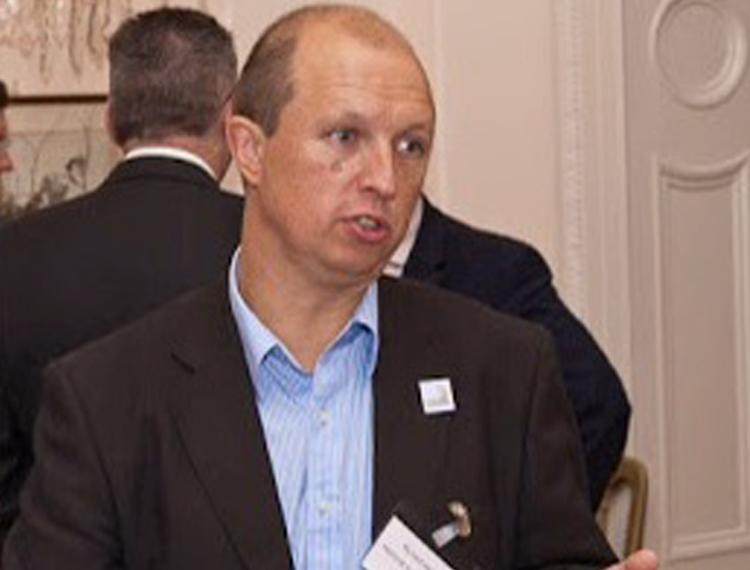6th Meeting of the EU Alliance for Apprenticeships: Brussels

Jean-Claude Juncker Commission President. State of the union address. 14 September 2016
“.. And, more than anything, we need to invest in our young people.
I cannot and will not accept that Europe is and remains the continent of youth unemployment.
…we will continue to roll out the Youth Guarantee across Europe, improving the skillset of Europeans and reaching out to the regions and young people most in need.”
These words formed the political backdrop to the 6th Apprenticeship Alliance meeting at the EU Commission this week; which I was fortunate enough to attend and speak at. I was accompanied by the irrepressible Lindsay McCurdy [http://www.app4eng.info/] and the inspiring Lucy Sandford [www.partnershipforyounglondon.org.uk].
The President’s statement and the formation of an EU Alliance for Apprenticeships reflect the widely held belief that ‘Skills’ and in particular Apprenticeships could hold the answers to many of the communities woes (and of course we are not exempt from this belief in the UK).
Growing skills shortages in the north of Europe, and absurdly high youth unemployment in the south look like a skills match waiting to be made.
However as the EU cannot easily mandate or legislate on matters such as Apprenticeship volumes, subjects or standards they rely heavily on the power of influence and suggestion to push this agenda.
To do this they convene large gatherings of stakeholders (employers, unions, practioners, academics, representatives etc etc) which can feel like an overly cumbersome process. However it does result in the production of materials and initiatives that can then be applied to the different conditions found in the different member states.
Indeed several tools have been developed to support the growth of apprenticeships and to facilitate the mobility of skilled and unskilled labour between member states. These include useful publications such as ‘the business case for apprenticeships’.
See http://ec.europa.eu/social/main.jsp?catId=1147&langId=en&moreDocuments=yes
At the event we also heard about some interesting initiatives – such as the Danish construction sector’s scheme to support refugees and migrants enter their labour market as Apprentices; helping them find work and Danish employers fill vacancies.
This question of mobility within the EU did make me wonder how many EU citizens were now undertaking apprentices in England. I don’t think that this exact dataset exists; but the number of “Non British/Irish but European/other white” apprentices has risen from 3,660 in 2007 to nearly 22,000 in 2015. Of course these aren’t all EU citizens but I suspect that the majority are.
Also interestingly one of the most common themes of the varied attendees was the negative perception of Vocational Education and Apprenticeships, particularly in the eyes of parents.
Of course ‘Parity of esteem’ ‘is familiar to us and the EU has come up with a solution that will be equally familiar. This December they will be launching a new, annual, ‘EU vocational skills week’ to promote apprenticeships as a positive destination for those who choose not to go to Uni.
See http://ec.europa.eu/social/main.jsp?langId=en&catId=1147&eventsId=1125&furtherEvents=yes
LESSONS FOR US ?
A set of 20 guiding principles for high performing apprenticeships have also been drafted and just for fun, I had a look at how England fares against these. Overall we do pretty well as our system is both clearly regulated and widely supported; even if it is continually evolving!
However principle 2 did make me pause for thought.
There should be ‘A structured, continuous dialogue between all apprenticeship partners including transparent coordination and decision-making …’
So how do we involve stakeholders in our apprenticeship decision making?
Generally government(s) does lead but it does not seek to decide everything and has apportioned responsibilities out ie ;
- employers are to decide how many apprenticeship standards we need and their contents, via the Trailblazer process
- the SFA must decide how much apprenticeships and apprentices are worth &
- Ofsted will decide what is good (or not) in apprenticeship training
Consultations are also used and they are open and democratic, but they only provide a limited opportunity for comment on pre-set options. And they are always a bit hit and miss regarding who responds.
There is an obvious logic in separating responsibilities but I am not sure it can ever lead to a truly coherent system, especially during a time of reform and change. And some voices such as those of learners aren’t really heard at all – beyond their satisfaction as users.
We have no model of social partners coming together to decide the big questions and set a common strategy that all parties can sign up to.
The new Institute for Apprenticeships will I am sure try to address this, but it is going to be too late for them to decide on most things in this round of reform at least.
Maybe there is still something we can learn from the EU way of doing things before we Brexit stage right……………
Richard Marsh, Apprenticeships Partnership Director, Kaplan UK











Responses